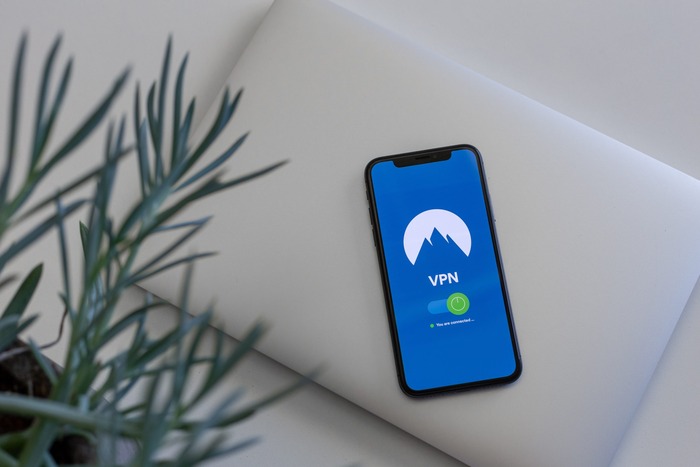Apart from digital assets, such as automation, websites, and the cloud, that you need to enhance the competitiveness of your new business, a critical factor that can run your new business down is the activities of hackers. Incidentally, being relevant in the highly competitive global market and implementing the world’s best standards in cybersecurity in this digital era requires financing.
You can’t overemphasize the need for real-time communication among your employees, especially if you run a hybrid workforce; laptops, PCs, and mobile phones are vital for your business processes. Unfortunately, without proper protection, the tools you use for your daily activities can become entry points for cybercriminals to gain access to your network.
Subscribing to a paid VPN service provider may be expensive for your new business; the financial commitment of a paid VPN is why you need to leverage a free VPN for your PC and other devices to secure your business. A free VPN can ensure you don’t belong to the 60% of small businesses that suffer a cyberattack and go out of business within six months of operations.
How does a free VPN work?
A free VPN (a virtual private network) will encrypt your internet protocol (IP) address and your log; your internet service provider (ISP) usually assigns your PC an IP address whenever you go online. Hackers and other third parties can track your browsing history if they can access your IP address.
A free VPN uses a key to encrypt your online presence. Your ISP, a hacker, or any third party can’t decipher the encryption without the key; fortunately, only your computer and the free VPN know this key; Since your ISP doesn’t have the key, your internet service provider can’t determine where you are browsing.
Your free VPN must work like a filter that turns all the data you send or receive into gibberish. If a hacker or a third party manages to access your information, it will be useless to such persons.
The encryption process depends on the free VPN you are using; notwithstanding, the three stages of encryption are as follows:
- When you go online, you boot up your free VPN. The free VPN acts as a secure tunnel between your PC and the internet; your ISP, a hacker, or other third parties can’t see into this tunnel.
- Your PC or any device you use for browsing will now be on the free VPN’s local network; the free VPN hides your IP address and assigns another IP address from the free VPN’s servers to you.
- The process ensures that nobody can trace your browsing activities, as the free VPN protects your privacy and data.
Qualities of a good free VPN
You may need your free VPN to carry out one or many tasks. The free VPN itself should be reliable and safe against compromises.
The following are the fundamental qualities a good free VPN must have:
1. Encryption of IP address
The VPN’s first and most essential task is to mask your IP address; the masking ensures your internet service provider (ISP), hackers, and other third parties can’t access your IP address. The encryption enables you to send and receive information online without the risk of anyone (except you and the VPN provider) accessing it.
2. Encryption of logs
A good free VPN will prevent your employees from leaving trails of their browsing activities; browsing activities can include internet history, search history, and cookies. A third party can trace your activities and sensitive information, such as personal details, financial information, and content you may submit to websites you don’t want anyone to use to track your activities online.
3. Killswitch
You can have a situation where your VPN connection suddenly drops; if that happens, your secure connection will go down too. A good free VPN must detect sudden downtime; and abort preselected programs to ensure your data is not compromised.
4. Multifactor authentication
A quality free VPN will always prioritize your protection, security, and privacy; verifying anyone who tries to log in through multiple authentications is crucial. Some ways your free VPN can verify log-ins include:
- Asking for a password
- Sending a code to the individual’s mobile device
- Requesting for Touch ID
- Using facial recognition or any other biometric method
Anyone with the intent of malicious activity who wants to access your sensitive information may deploy brute force to discover your password; multifactor authentication will ensure that they find it extremely difficult to achieve their aim.
Conclusion
As a small or medium-scale business that is just starting, you may want to rely on the private browsing feature of your PC, such as Google Chrome’s Incognito mode, Microsoft Edge’s InPrivate browsing, or Safari’s Private Browsing which are features built into many modern-day web browsers for your workforce to save cost; private browsing is not wholly private. Your ISP can still track your activities with private browsing.
You must still share your data between your PC and the internet service provider. A rouge ISP can hand over your sensitive information to the highest bidder. A reliable free VPN service provider will not.


